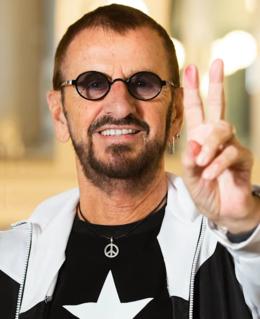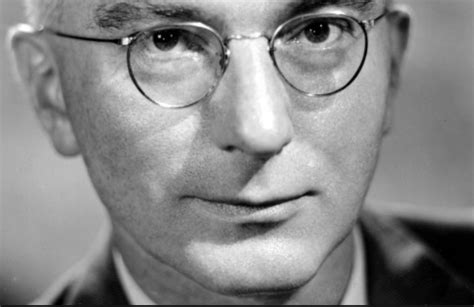A Quote by John Henrik Clarke
I am a nationalist, and a Pan-Africanist, first and foremost. I was well grounded in history before ever taking a history course. I did not spend much formal time in school - I had to work.
Related Quotes
I have to throw in on a personal note that I didn't like history when I was in high school. I didn't study history when I was in college, none at all, and only started to do graduate study when my children were going to graduate school. What first intrigued me was this desire to understand my family and put it in the context of American history. That makes history so appealing and so central to what I am trying to do.
I'm not the creative one. I know that. If Rory Storm hadn't come along... and then The Beatles... I would have continued running around in teddyboy gangs. Today, well... I'd probably be a laborer. I'm glad I'm not, of course. It'll be nice to be part of history... some sort of history anyway. What I'd like to be is in school history books and be read by kids.
Farmers since the beginning of time have been feeding the world very successfully without systematically abusing animals or destroying the environment. But we're breeding food that is less safe for us, it tastes much worse than it ever has in history, and it's wreaking havoc on the environment in a way that it never did in history before. All in the interest of it being cheap.
Music expresses feeling, that is to say, gives shape and habitation to feeling, not in space but in time. To the extent that music has a history that is more than a history of its formal evolution, our feelings must have a history too. Perhaps certain qualities of feeling that found expression in music can be recorded by being notated on paper, have become so remote that we can no longer inhabit them as feelings, can get a grasp of them only after long training in the history and philosophy of music, the philosophical history of music, the history of music as a history of the feeling soul.
When I went to high school - that's about as far as I got - reading my U.S. history textbook, well, I got the history of the ruling class. I got the history of the generals and the industrialists and the presidents that didn't get caught. How 'bout you? I got all of the history of the people who owned the wealth of the country, but none of the history of the people that created it.
In a very literal way, of course, Shakespeare did change the course of history: when it didn't fit the plot he had in mind, he simply rewrote it. His English histories play fast and loose with chronology and fact to achieve the desired dramatic effect, re-ordering history even as it was then understood.
I've been writing American history for a long time, and I've had a hard time finding strong, interesting female characters. There are women, of course, in American history, but they're hard to write about because they don't leave much of a historical trace, and they're not usually involved in high-profile public events.



































